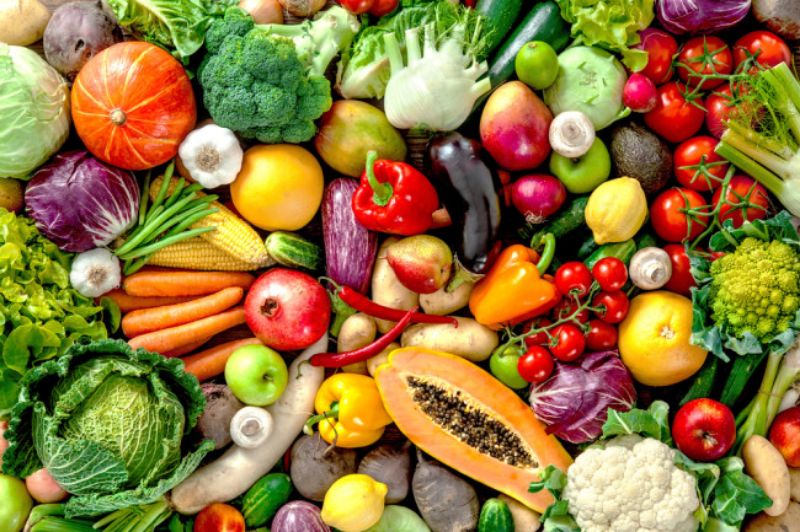



Article by: Hari Yellina
While dramatic price rises for common kitchen ingredients like lettuce, cucumbers, capsicum, snow peas, and berries have been widely reported in the media, consumers may be tempted to reduce their diet of fruits and vegetables. The same causes that are pushing up inflationary pressures, such as supply-side problems like rising fuel, freight, and fertiliser costs, do not, however, affect all fresh products. In spite of the fact that the most current inflation statistics show a 4.3 increase in food prices for the year ending in March, several fruits and vegetables have actually seen a recent drop in price.
Here’s how to shop wisely when it comes to fruits and vegetables:
Discovering what is in season is the major piece of advice from the sector. According to Shaun Lindhe from AUSVEG, “given the nature of supply and demand in the sector, when there is a good supply of a certain product, the availability rises up and that equals a good pricing for consumers.” We do advise customers to keep in mind that seasonal food is always a fantastic value if they’re shopping in the fruit and vegetable section. That includes seasonal favourites like pumpkin, carrots, sweet potatoes, and potatoes. On the other hand, not all items in season fit under that description. Southern Queensland’s winter season is ideal for growing lettuce and other leafy greens, but the area has been cruelly affected by this year’s floods.
It’s a key place for our winter output, said Lindhe. There have been two floods, which have destroyed several local enterprises. Planting and harvesting of goods have been hampered by heavy rain. “This time of year, you may acquire carrots, pumpkins, sweet potatoes, and potatoes from various regions because they are grown all over the country.” Farmers in Northern Queensland are praising a big banana crop. They’ve had a few successful seasons in a row where the weather cooperated, especially because cyclones didn’t completely destroy their crops. Banana planter Paul Inderbitzin from Cape York commented, “We have a lot of bananas.” “Up here in the north, there haven’t been any issues with the growing areas.
“The areas are producing well and there has been a considerable amount of rain and sunlight.” Coles and Woolworths have reportedly dropped their pricing to around $0.63 per banana, which is supposedly about 25% less expensive than this time last year, due to the plentiful supply. According to a Woolworths spokeswoman, “with an increased supply of bananas on the market, wholesale costs have remained low over the last six months, and we’ve passed that value on to our customers at the supermarket.” Bananas are occasionally disregarded at the grocery store because people are limiting their budgets, which is a problem for Inderbitzin.
People don’t appear to be going to the store as frequently or picking up the bananas off the shelves, he claimed. “It’s really difficult. Because of the lack of demand, there is a great amount of trash produced on farms and in packing sheds. Therefore, the only thing we can do in this position is rely on the good people of Australia to keep purchasing bananas. Avocados were going for between $1.60 and $1.80 per in May at Woolworths and Coles. They are currently on sale for $1.20 and $1.30, respectively, at the big-box supermarkets. This year, there have been favourable avocado production conditions, much like there were for bananas.
In addition to the perfect weather, many of the new trees that were planted as avocados gained popularity in the previous decade have started to bear fruit. Additionally, while the hospitality industry recovers from the COVID-19 pandemic, demand hasn’t been as strong at cafés and restaurants. The greatest thing consumers can do is search around for the best deals on their preferred foods if they don’t like potatoes, bananas, or avocados. According to Richard Shannon of Growcom, this entails searching outside of the large supermarkets, even if the produce there seems to be of lower quality. According to him, independent grocers “do an outstanding job” of being able to serve the entire spectrum of fresh fruits and vegetables.
“Those independent grocers typically purchase from the wholesale market, and we have observed that the supply chain has remained very robust. “I believe that you should shop around and, in particular, try an independent grocer if you can’t find what you’re looking for in your usual choice of store. They frequently stock lower-quality fruits and vegetables that may not look as attractive but are just as nutrient- and flavour-dense.